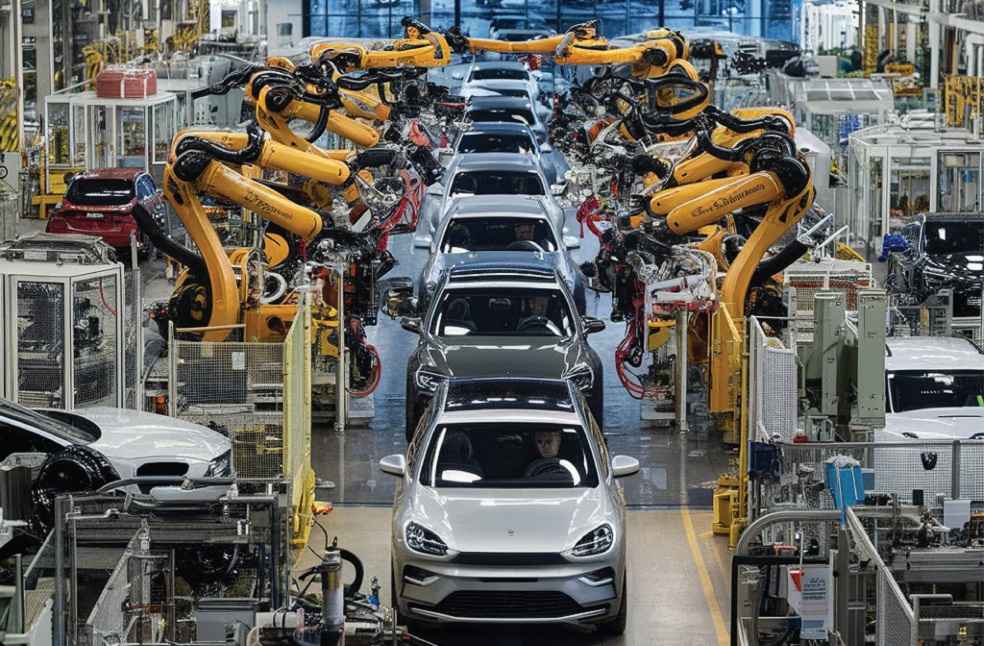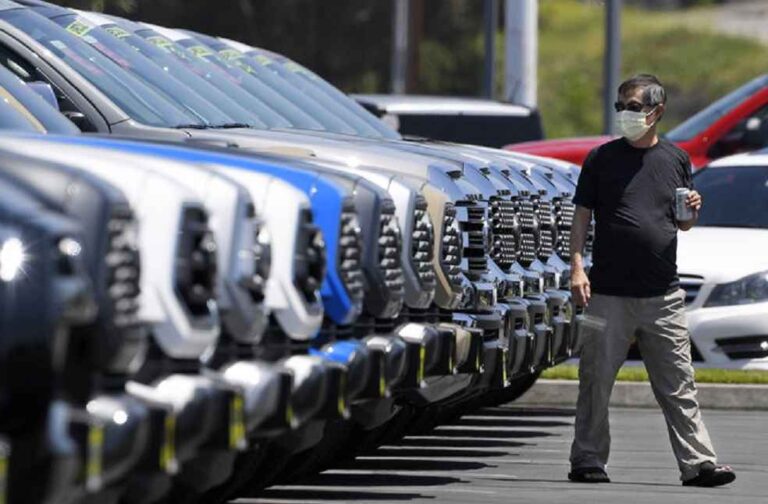Ongoing trade tensions between the United States and China may open new doors for Türkiye’s auto market, particularly in the export of tractors and vehicle components, according to Cengiz Eroldu, President of the Automotive Manufacturers Association (OSD).
Eroldu noted that while the Trump administration’s tariff measures—ranging from 10% to 49%—have impacted 185 countries, Türkiye has largely avoided direct penalties. The recently imposed 25% US tariff on passenger vehicles, effective from April 3, does not cover categories such as tractors, minibuses, midibuses, buses, and heavy-duty commercial vehicles over five tons.
Although direct exports of fully assembled vehicles to the US remain modest due to geographical distance, Türkiye’s strength in supplying automotive parts and specialised vehicles offers potential for growth. In 2024, Türkiye exported $1.4 billion in automotive goods to the US, including $1 billion in parts, $178 million in tractors, and $166 million in buses and minibuses.

“Tractors, minibuses, and midibuses—especially tractors—could be areas where we hold a competitive edge,” Eroldu said, adding that Türkiye could outperform suppliers from Europe and China in the US tractor market. He suggested that Turkish manufacturers may also explore increased investment and local operations in the US, with some companies already establishing a presence.
While only 4% of Türkiye’s total automotive exports currently go to the US, Eroldu believes this share could increase, even if the overall impact remains limited. Nevertheless, any expansion would contribute to the industry’s broader export goals.
Domestically, the Turkish auto industry faces ongoing challenges. In 2024, local market shares for domestically produced vehicles stood at 30% for passenger cars, 27% for light commercial vehicles, 63% for trucks, 100% for buses, and 90% for tractors. However, production declined by 9% in the first quarter of 2025, and domestic sales fell by 7%. Overall capacity utilization dropped to 65%, with rates ranging from 44% in tractors to 66% in light vehicles.

Eroldu pointed to falling domestic market share and underused capacity as key issues undermining competitiveness. Despite record export levels in 2024, he stressed the need for the sector to strengthen its position globally.
Foreign investment, he added, is expected to boost the sector’s prospects, with Türkiye’s installed capacity projected to rise to 2.7–2.8 million units. Increasing utilization of this capacity is a strategic goal, as the automotive industry remains central to the country’s economic performance.
Currently ranked 14th in global automotive production, Türkiye aims to move into the top 10. Becoming Europe’s third-largest auto exporter is a top objective, with total sector exports already reaching $50 billion.
GENERAL | South Africa Plans Extra Incentives for Auto Sector Relief





